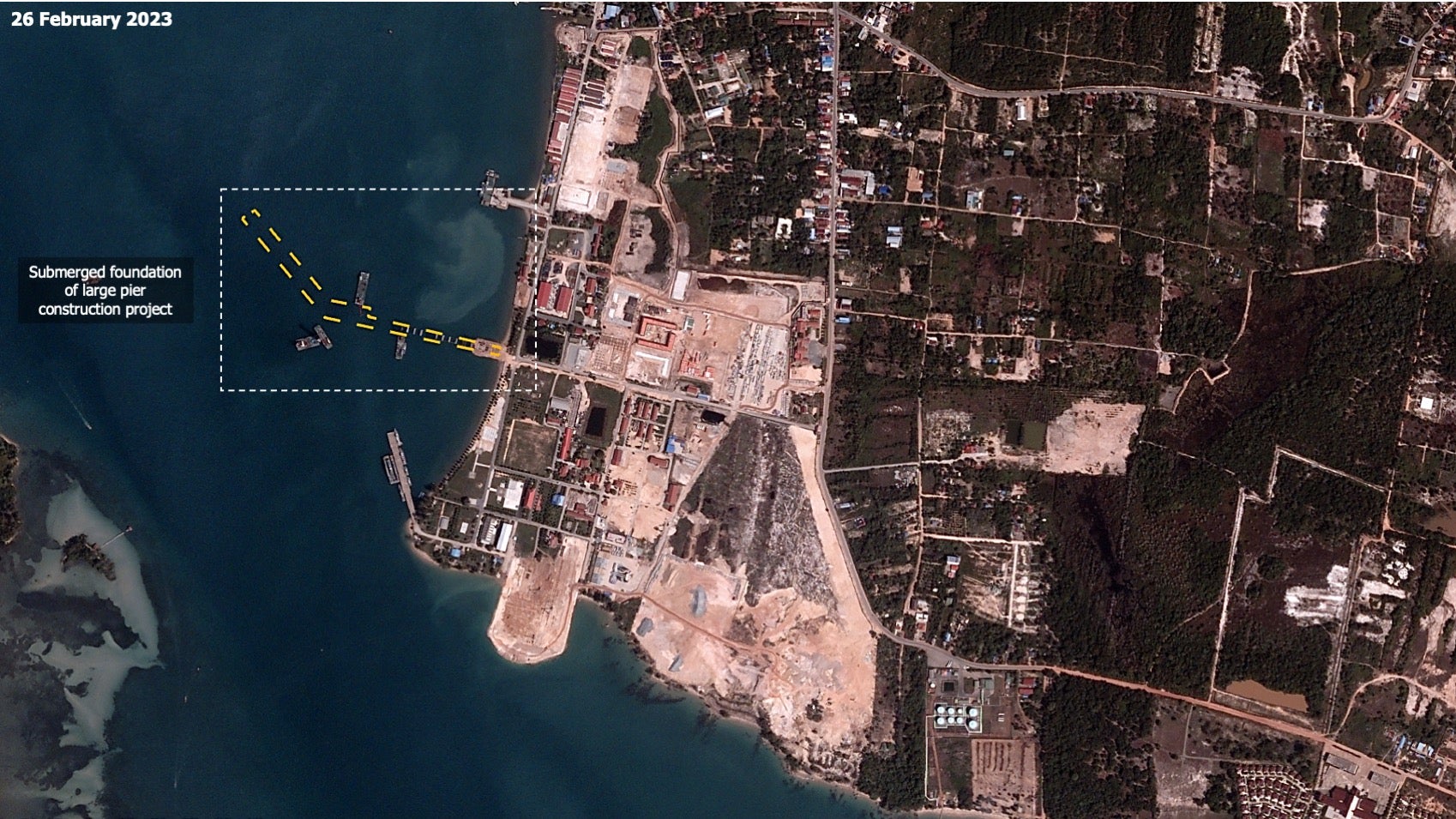Active Measures and Three Warfares
Irregular warfare is not new. During the Cold War, Russian services like the KGB waged aggressive irregular campaigns against the United States around the globe. Oleg Kalugin, the former head of foreign counterintelligence for the KGB, described aktivnyye meropriyatiya and similar operations as the “heart and soul of Soviet intelligence” that were used to “weaken the United States” and to “drive wedges in the Western community alliance of all sorts.”1
As the Biden administration takes office, U.S. adversaries are utilizing irregular strategies and tactics. Perhaps the quintessential example is Russia. Under President Vladimir Putin, Chief of the General Staff Valery Gerasimov, and other officials, Russia employs a mix of offensive cyber operations, espionage, covert action, and information and disinformation campaigns to weaken the United States and expand Moscow’s influence. Russia has meddled in U.S. elections and waged a disinformation campaign inside the United States, attempting to inflame social, racial, and political tensions through such issues as Black Lives Matter, Covid-19, the Me Too movement, gun control, white supremacy, abortion, and immigration. Russia has placed malware, such as Triton and BlackEnergy, in U.S. critical infrastructure—threatening power plants, electricity grids, communications networks, and financial systems in the U.S. homeland. Russian agencies have also leveraged shadowy organizations to help conduct information operations and cyberattacks, including the Internet Research Agency (IRA); Kaspersky Lab; networks and online personas with creative names like “Cozy Bear,” “Fancy Bear,” and “Guccifer 2.0”; and private military companies like the Wagner Group.
***.
China’s perspective of national power is broad and includes several elements which the U.S. government considers either irrelevant or in the realm of private industry and non-governmental organizations. China uses soft power and competes in issues the United States often does not even recognize as a part of a wider conflict. Rand’s Andrew Scobell explains, “China’s current perspective on its relationship with the United States is centered on competition that encompasses a wide range of issues embodied in China’s concept of comprehensive national power.”3 Along with the obvious issues of defense and diplomacy, China’s authoritarian government considers technology, cultural, and internal stability issues essential to national power. China sees a future where “war becomes increasingly civilianized,” relying on non-military means to neutralize threats and gain advantages over competitors.4 The U.S. may not recognize some of these issues are part of the competition, but the authoritarian Chinese Communist Party (CCP) uses all these means to build advantage.
Chinese manipulation and theft of valuable U.S. science and technology (S&T) is a recognized danger. Chinese intelligence services acquire U.S. and other nations’ scientific research and technology through methods that include: hacking, sending Chinese students and researchers to study and work at western institutions of higher education, and purchasing U.S. companies. William Holsten explains, “There is a massive, coordinated assault taking place on American technology, perhaps the largest, fastest transfer of intellectual property in human history, and much of it is taking place on U.S. soil.”5 In 2017, China passed a legislative framework directing all Chinese to contribute to state security.6 The Center for Strategic and International Studies (CSIS) assessed, “It is likely that citizens can be compelled to assist PRC state actors in interference efforts if and when those efforts fall under the broader definition of ‘national intelligence work’ and ‘national intelligence efforts’ as noted in the Law.”7 This assessment in combination with the approximately 350,000 Chinese students attending U.S.’ universities, gives China an incredible capacity to use espionage to procure developing technology.8 A second aspect of the theft of science and technology is the acquisition of U.S. businesses and their subcontracted suppliers by PRC-backed private companies. One example is the acquisition of A123, a U.S. company that develops and supplies lithium-ion batteries.9 A123, after receiving approximately $1 billion from private investors and $100 million in federal government backing, as well as technical advice from General Motors, Motorola, and QualComm, went bankrupt and was subsequently purchased by the Chinese Wanxiang Group Corp for $257 million.10 This acquisition gave China the company’s technological research and manufacturing facilities at an incredibly discounted rate.
Within the U.S. government, multiple agencies, including the Federal Bureau of Investigation, National Security Agency, Federal Trade Commission, work on different aspects of this problem. They observe, detect, and respond individually to the Chinese intellectual property theft. A coordinated U.S. government effort would be more capable of detecting the Chinese malign behavior, creating comprehensive deterrence, and formulating a powerful response. Source
***
As a 2020 Department of Defense publication explained, irregular warfare “favors indirect and asymmetric approaches” by countries “in order to erode an adversary’s power, influence, and will.” It includes numerous tools of statecraft that governments can use to shift the balance of power in their favor: information operations (including psychological operations and propaganda), cyber operations, support to state and nonstate partners, covert action, espionage, and economic coercion.
Many of these tools, such as information and cyber operations, can be used for irregular and conventional campaigns. They are simply a means. In irregular warfare, however, a country designs and uses these tools to undermine its adversaries as part of balance-of-power competition without engaging in set-piece battles. Other government officials and scholars have used different terms—such as political warfare, hybrid warfare, gray zone activity, asymmetric conflict, and the indirect approach—to capture some or all of these activities.
In particular, irregular warfare is distinct from conventional warfare, which has sometimes been referred to as “traditional” or “regular” warfare. Conventional warfare involves the use of direct land, naval, air, and other military capabilities to defeat an adversary’s armed forces on a battlefield; control territory, populations, and forces; or annihilate an enemy’s war-making capacity. Irregular warfare is also different from nuclear warfare, which involves the use—or threat—of nuclear weapons against adversaries. Finally, irregular warfare is distinct from routine foreign policy, which can include diplomatic, humanitarian, intelligence, and other activities that have little or nothing to do with competition against adversaries.

 President Xi arrives in San Francisco
President Xi arrives in San Francisco



 .Satellite imagery of Ream Naval Base from 5 February 2023, annotated to show the shape of the pier extension. Original image courtesy of BlackSky
.Satellite imagery of Ream Naval Base from 5 February 2023, annotated to show the shape of the pier extension. Original image courtesy of BlackSky